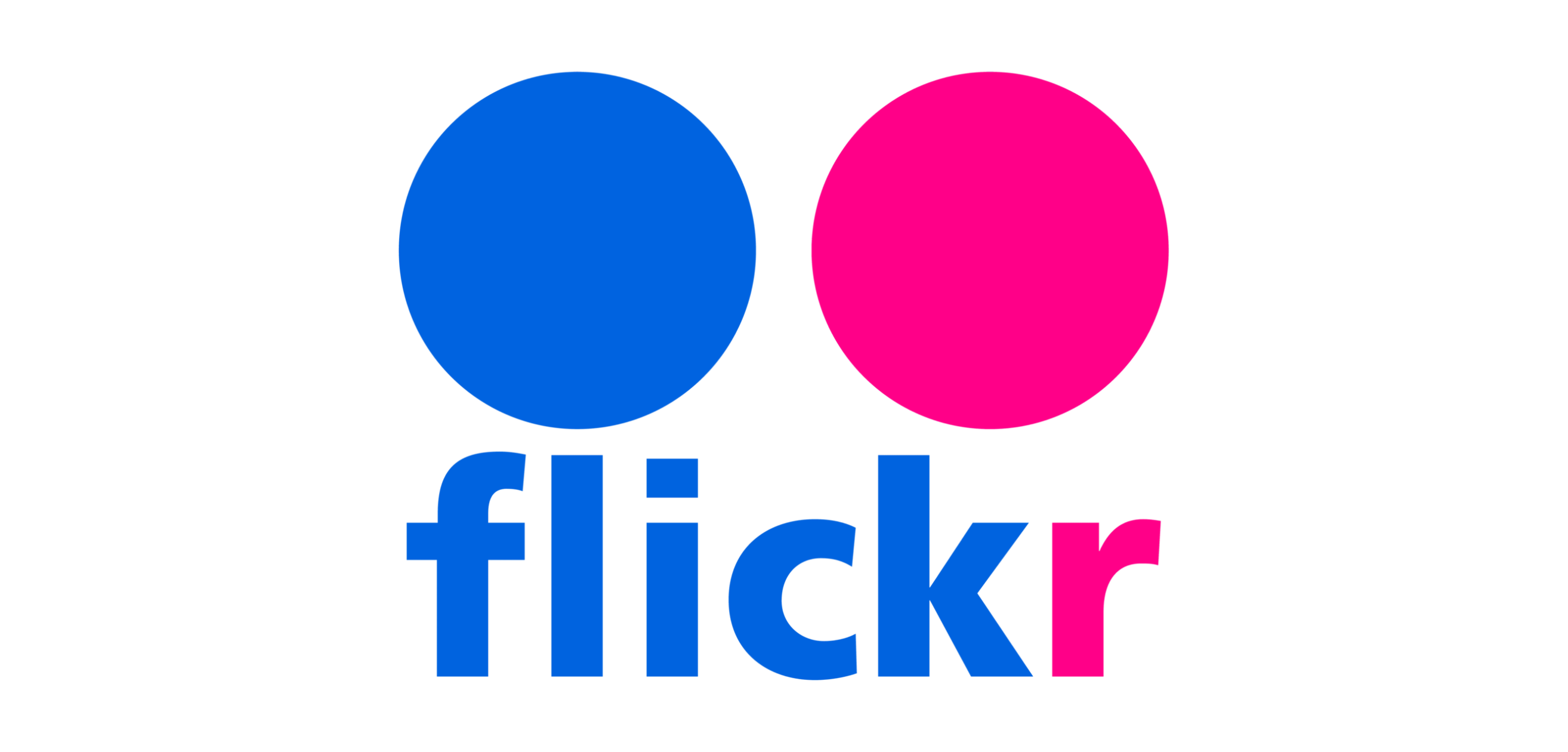As a photographer, finding the right platform to showcase your work, connect with clients, and potentially monetize your passion is crucial. While Photoshelter has established itself as a popular choice, it’s not the only option available. In this comprehensive guide, we’ll explore a range of alternatives to Photoshelter, catering to photographers of all levels and needs.
Defining Your Priorities: What Makes an Alternative “Better”?
Before we dive into specific platforms, it’s essential to consider what you value most in a photo hosting platform. Here are some key factors to keep in mind:
- Budget: Determine your willingness to invest in a platform. Are you seeking a free option, or are you open to paid plans with advanced features?
- Essential Features: Identify the specific features you prioritize, such as customizable branding, e-commerce functionality, or detailed analytics.
- Target Audience: Consider the type of clients you want to attract. Some platforms cater to specific niches, while others have a broader audience.
- Community and Support: Evaluate the importance of an active and supportive community within the platform, offering opportunities for feedback and networking.
Free Alternatives to Photoshelter: Showcasing Your Work on a Budget
If budget is a primary concern, several excellent free alternatives to Photoshelter are available. Let’s explore a few options:

1. Flickr
Flickr is a well-established platform with a vast user base. It offers a generous free tier with ample storage space and basic portfolio creation tools. However, extensive customization options and monetization features are limited in the free plan.
2. SmugMug
While SmugMug primarily focuses on paid plans, it offers a limited free tier that allows you to upload a small number of photos and create a basic portfolio. This can be a suitable option for photographers who are just starting out.
3. Unsplash
Unsplash is a unique platform that focuses on free, high-resolution stock photography. While not ideal for showcasing client work, it’s an excellent option for photographers who want to gain exposure and potentially have their work discovered by a wide audience with proper attribution.
Keep in mind that free platforms often come with limitations in terms of storage space, customization options, and monetization features. Carefully evaluate your needs to determine if a free platform offers sufficient functionality.
Paid Alternatives to Photoshelter: Feature-Rich Platforms for Growth
If you’re willing to invest in a paid platform, several compelling alternatives to Photoshelter offer unique features and benefits. Let’s take a closer look:

1. Adobe Portfolio
Adobe Portfolio is part of the Adobe Creative Cloud suite and seamlessly integrates with other Adobe applications like Photoshop and Lightroom. It offers a user-friendly interface, stunning portfolio templates, and mobile-responsive design. While there’s a limited free plan, the full potential of Adobe Portfolio is unlocked with a paid Creative Cloud subscription.
2. Format
Format is a sleek and intuitive platform designed for creative professionals, including photographers. It offers a range of customizable themes, e-commerce capabilities, and client-proofing tools. Format’s paid plans provide ample storage space and advanced features to showcase your work effectively.
3. Squarespace
Squarespace is a popular website builder that offers beautiful templates specifically designed for photographers. With its user-friendly drag-and-drop interface, you can easily create a stunning portfolio website. Squarespace’s paid plans include e-commerce functionality, allowing you to sell prints and digital downloads directly from your site.
Niche-Specific Platforms: Tailoring Your Reach
For photographers specializing in a specific genre, niche-specific platforms can help you reach your target audience more effectively. Here are a few examples:

1. 500px
500px is a platform that focuses on fine art and creative photography. It offers opportunities for exposure through curated collections, contests, and a vibrant community of photographers. 500px can be particularly appealing if you want to attract art directors, collectors, or enthusiasts who appreciate artistic photography.
2. Behance
Behance is a platform owned by Adobe that caters to various creative disciplines, including photography. It allows you to create project-based portfolios, receive feedback from the creative community, and potentially catch the attention of clients or collaborators. Behance is a great option if you want to showcase your photography alongside other creative work.
3. Artstation
Artstation is a platform primarily known for digital artists and concept designers, but it also welcomes photographers. If your photography style leans towards surreal, conceptual, or heavily edited imagery, Artstation can be a suitable platform to showcase your work to a niche audience.
Building Your Own Website: Ultimate Control and Customization
For photographers who desire complete control over their online presence, building a personal website is a compelling alternative to Photoshelter. With a self-hosted website, you have the freedom to customize every aspect of your site, from the design to the functionality. Here are a few options to consider:
1. WordPress
WordPress is a popular content management system (CMS) that powers a significant portion of websites worldwide. With WordPress, you can choose from a wide range of photography-specific themes and plugins to create a professional portfolio website. While it requires some technical setup, WordPress offers unparalleled flexibility and scalability.
2. Wix
Wix is a user-friendly website builder that offers a drag-and-drop interface and a variety of templates designed for photographers. It provides an intuitive way to create a portfolio website without extensive technical knowledge. Wix also offers e-commerce capabilities, allowing you to sell prints and digital downloads directly from your site.
3. Squarespace
As mentioned earlier, Squarespace is not only a paid alternative to Photoshelter but also a powerful website builder. With its stunning templates and user-friendly interface, Squarespace allows you to create a professional photography website quickly. It offers built-in e-commerce features, making it easy to monetize your work.
Beyond Platforms: Strategies for Building a Strong Online Presence
While choosing the right platform is important, it’s only one piece of the puzzle. To truly succeed as a photographer in the digital age, you need to employ a multi-faceted approach. Consider the following strategies:
1. Social Media Marketing
Leverage the power of social media platforms like Instagram, Facebook, and Twitter to showcase your work, engage with your audience, and attract potential clients. Consistently post high-quality images, use relevant hashtags, and interact with your followers to build a strong online presence.
2. Search Engine Optimization (SEO)
Optimize your website and online profiles for search engines to improve your visibility in search results. Use relevant keywords in your image titles, descriptions, and alt tags. Create compelling content that showcases your expertise and attracts organic traffic to your site.
3. Networking and Collaborations
Build relationships with other photographers, creative professionals, and potential clients. Attend industry events, join online photography communities, and participate in collaborative projects. Networking can open doors to new opportunities and help you expand your reach.
Choosing the Best Alternative for Your Needs
Ultimately, the best alternative to Photoshelter depends on your specific goals, budget, and target audience. Consider the following recommendations based on different scenarios:
- Beginner Photographers: If you’re just starting out and have a limited budget, explore free options like Flickr or SmugMug to build your portfolio and gain experience.
- Exposure Seekers: If your primary goal is to gain exposure and reach a wide audience, platforms like Unsplash or 500px can be beneficial, especially if you specialize in a specific niche.
- Professional Photographers: For established photographers seeking advanced features and monetization options, paid platforms like Adobe Portfolio, Format, or Squarespace are worth considering. These platforms offer robust e-commerce capabilities, client-proofing tools, and customizable branding options.
- Complete Control: If you desire full control over your online presence and are willing to invest time and effort, building your own website using platforms like WordPress, Wix, or Squarespace can be a powerful alternative to Photoshelter.
Conclusion
Exploring alternatives to Photoshelter opens up a world of possibilities for photographers to showcase their work, connect with clients, and grow their businesses. Whether you opt for a free platform, invest in a feature-rich paid alternative, or build your own website, the key is to find a solution that aligns with your goals and target audience.
Remember, your success as a photographer extends beyond the platform you choose. Embrace a holistic approach that includes social media marketing, SEO, and networking to build a strong online presence. Continuously refine your craft, adapt to industry trends, and stay true to your unique creative vision.
By combining the right platform with effective strategies and a passion for photography, you can carve out a thriving space in the digital landscape and turn your love for capturing moments into a successful and fulfilling career.
















Add Comment